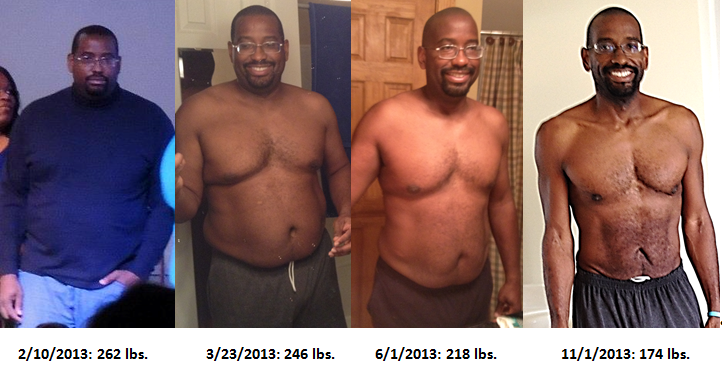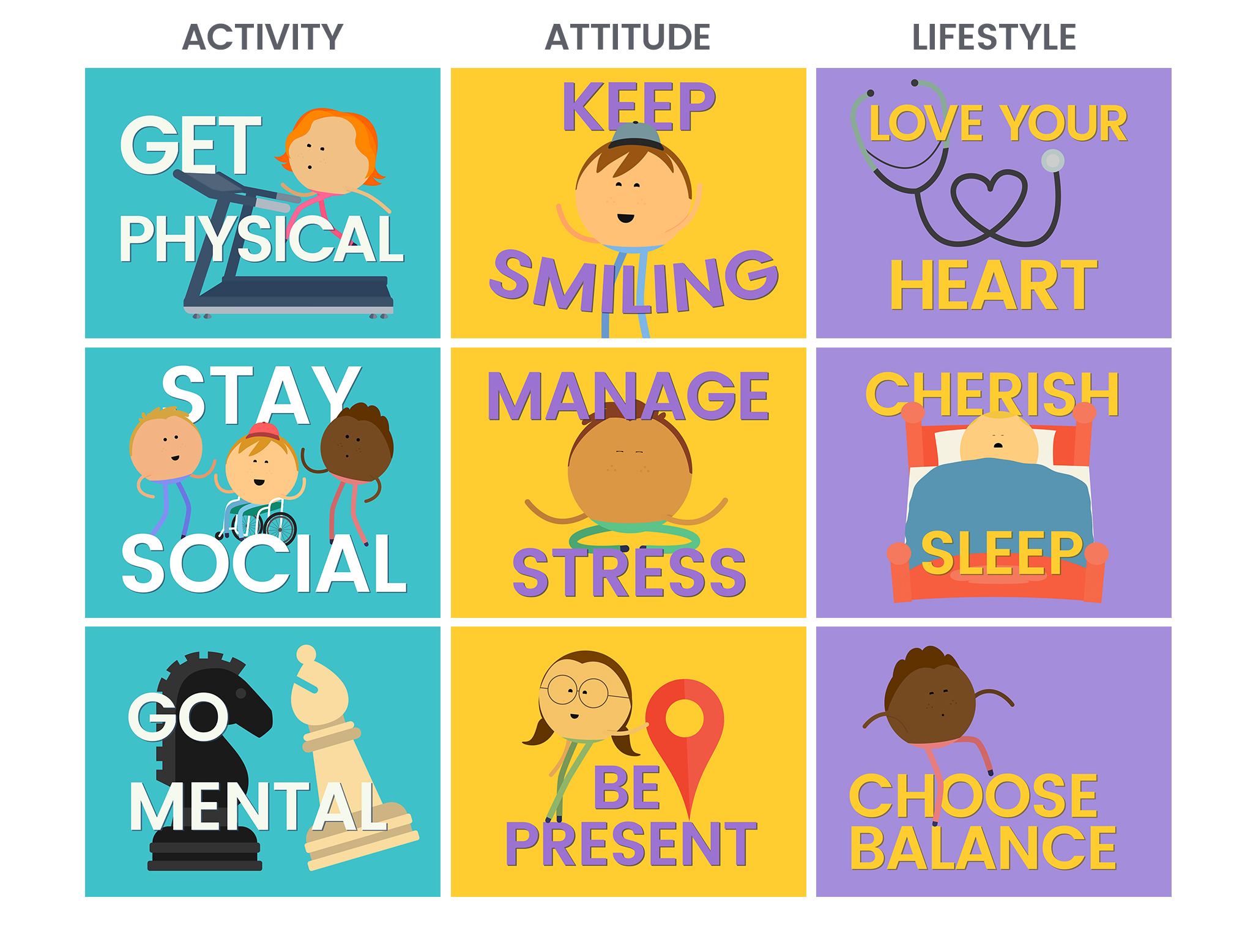
It depends on what type of disease you are trying to prevent, the definition of prevention can vary. Adults mean maintaining a healthy weight, and preventing weight gain. Prevention can be achieved for children by decreasing high-fat foods intake and increasing physical activity. This can be done by changing social and economic policies as well as environmental factors. Here are some tips for preventing obesity. These methods can be used in combination or as an individual. These strategies can make all the difference for many people.
Multi-sectoral approaches to obesity prevention can be used to change social norms about eating habits and promote a healthy lifestyle. Although there is no one culprit to obesity prevention, food plays an important part in the problem. Obese people eat more before feeling full. This makes them continue to eat after feeling full. They might also eat less when stressed or anxious. Additionally, modern life is less demanding for energy and physically demanding. Additionally, many people don't do any physical activity, which burns calories. In this scenario, it is important to take action to combat this global epidemic.

These programs, which are community-based, have proven to be more effective in reducing the likelihood of obesity. These interventions focus on the environment. Television and computer use are both high-calorie, passive, and can be harmful. These interventions also address individual behavior, such as whether play equipment is available in children's areas. These programs are not just designed to help individuals lose weight - they can also promote adequate sleep and promote active play.
An effective obesity prevention program must target multiple levels of the population. Obesity prevention programs aim to change unhealthy eating habits and prevent overweight. A person should focus on fruits, vegetables, whole grains, nuts, and legumes. You can reduce your risk of developing heart disease and high cholesterol by doing this. They should include exercise into their daily lives. This will increase the likelihood that they lose weight. This is why prevention is so important.
Different prevention strategies have different goals. Universal obesity prevention plans focus on changing social norms, and environmental conditions that promote obesity. For targeted obesity prevention, programs are designed to address the specific needs of certain groups. In particular, interventions that target children and teenagers have higher chances of having positive impacts on their health than those targeted at adults. The prevention strategy used for children should include the prevention of childhood and adolescent weight gain.

For obesity prevention, it is important to have a healthy diet. Three of the most effective strategies are eating healthy, getting enough sleep, and following a healthy diet. These strategies will not only help to achieve your healthy weight but also lower the risk of developing chronic diseases. It is crucial to avoid obesity in order to lower your risk for heart disease, high bloodpressure, and diabetes. But, it is also important to maintain a healthy body.
FAQ
Which is the best order to exercise?
It all depends on your goals. First, lift heavy weights if you are looking to increase muscle mass. Then move into cardio. For those who want to lose weight or exercise, you can switch from cardio to strength-training.
You can burn fat by just doing cardio. You can then add strength training.
Cardio is the best way to build muscle mass.
Also, eat before you workout. You will be able to give your muscles more fuel so they can work harder. This will make you feel better while working out.
Eggs good for men
The egg contains all the nutrients required by the human body. It also helps maintain strong bones, a healthy heart and lungs, and stable blood pressure.
Eggs are rich in protein, vitamin A, B12 and D,E,K, as well as vitamins A,B12 and D,E,K, calcium, iron, phosphorus, manganese, copper, magnesium, and riboflavin.
Egg yolks are high in cholesterol. However, the egg yolk is low in cholesterol. Eggs have less saturated fat than many other foods.
They are also low on calories and sodium. They can also be prepared in many different ways. They can be poached or scrambled, baked, hard-boiled, or fried.
They are incredibly nutritious and easy to prepare.
Two whole eggs should be eaten each day. You don't have to eat eggs.
Eggs provide essential nutrients needed by our bodies. You can add eggs to your daily diet now.
Are There Any Benefits Of Doing Yoga?
Yoga has been around for thousands of years and is now very popular. Celebrities and ordinary people love yoga.
Yoga is great because you can stretch your muscles and strengthen them. Yoga is also great for calmening your mind and relaxing.
The main difference between yoga and other forms of exercise is that yoga focuses on breathing techniques.
You can practice various poses to improve your flexibility and balance.
How to Lose Belly Fat Fast
There are several methods to rapidly reduce belly fat. One way to reduce belly fat fast is to eat less food, and drink lots of fluids.
Another way to increase metabolism is to run and swim.
Avoid sitting down if your goal is to lose belly fat quickly. Instead, stand up frequently throughout the day. This will help you burn more calories.
You don't have to give up on trying all of the above methods if you still struggle with your belly fat.
A belt is a device that allows you to do this. When you sit down, the belt tightens around your waist.
This will make you feel uncomfortable and allow you to move about. This will make you lose more calories and help you reduce your belly fat.
Statistics
- Candidates and applicants must pass all four tests at 70% (minimum level) to graduate from Basic Deputy U.S. Marshal (BDUSM) Training. (usmarshals.gov)
- An estimated calorie range for moderately active adult males falls between 2,200 to 2,800 calories per day, depending on age. (eatright.org)
- The PRS enabled risk stratification for overall prostate cancer and lethal disease with a four-fold difference between men in the highest and lowest quartiles (HR, 4.32; 95% confidence interval [CI], 3.16-5.89). (pubmed.ncbi.nlm.nih.gov)
- Cardmembers earn 5% Back at Amazon.com with a Prime Credit Card. (amazon.com)
- According to the American Heart Association, blood pressure should be checked at least once every two years, beginning at age 20. (my.clevelandclinic.org)
External Links
How To
Which food is the most healthy for men?
Men should eat five servings per day of fruits and vegetables. Men should also limit their consumption of red meat and avoid fast food.
Fruits and vegetables are high in antioxidants which help prevent cancer, heart disease, and other diseases.
Vegetables include broccoli, cauliflower, carrots, spinach, tomatoes, peppers, cucumbers, lettuce, mushrooms, etc.
Peas and beans are also high in protein and fiber.
Nuts and seeds are excellent sources of omega-3 fatty acids. Essential for hormone production and brain function, omega-3 fatty acids are vital.
Fish is another excellent source of omega-3s. Fish contains more mercury than most other meats. However, fish liver oil does contain fewer toxins.
Omega-6s found in vegetable oils like corn, soybean, safflower, sunflower, and cottonseed oils are necessary for average growth and development.
Poultry is a good source for lean protein. Chicken breasts are one of the most healthful meats.
Lean beef contains low amounts of saturated fats and cholesterol. Avoid eating too many red meats as iron intake can increase the risk of developing prostate cancer.
Avoid processed meats like sausage and hot dogs. These meats can be carcinogenic because they contain nitrates.
No doubt exercise is crucial for good health. What if you already exercise regularly? Is there something you can do to improve your physical condition or keep it that way?
Yes, it is! There are many things you can do to get the best out of your workouts. Here are some tips on how to maximize your workout:
Start slowly. You may hurt yourself if you push yourself too hard in your first session. Start at a pace where you feel comfortable and gradually build up your intensity over time.
Stretch before and after. Stretching can loosen tight muscles as well as reduce soreness and improve flexibility. Stretching can be done standing, lying down, or walking.
Cool down. This is particularly important when doing cardio exercises. Your body needs time to recover between sessions, so it doesn't become tiring. Take deep, slow breaths to cool down.
Hydrate. Drinking plenty of fluids helps keep you hydrated and reduces muscle cramps. Water is the best drink, but sports drinks are also good.
Be healthy. Be sure to eat enough calories each day. You will be more focused and energized if you eat regular meals throughout your day.
Get some rest. When you get enough sleep, you'll feel refreshed and ready for your next workout. It is essential to get enough sleep in order to repair damaged tissues.